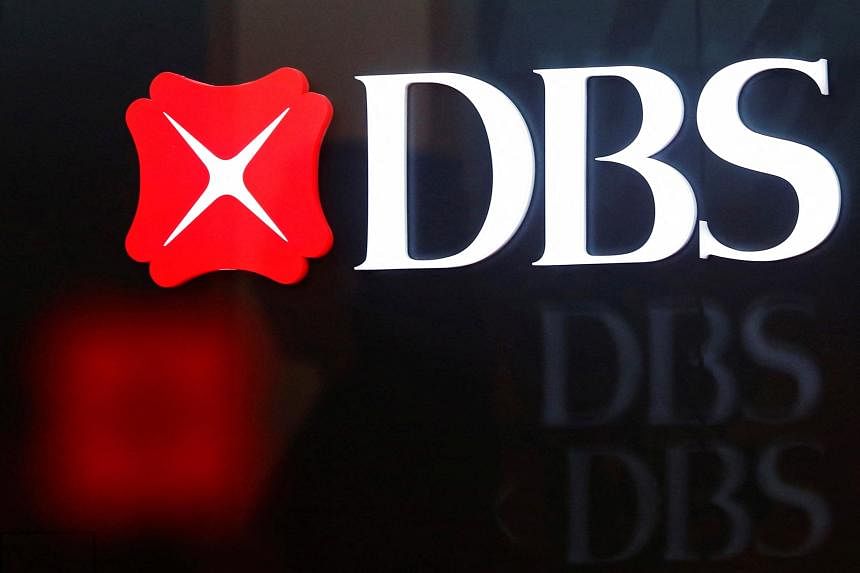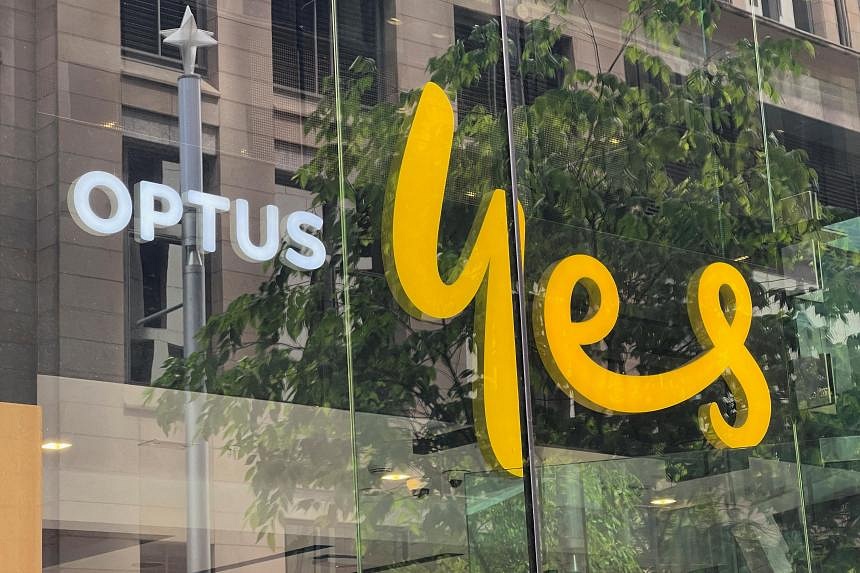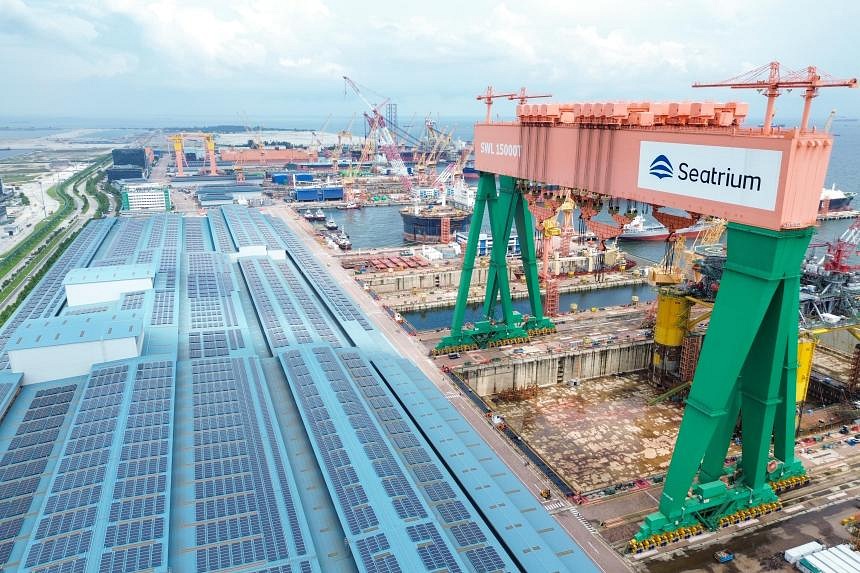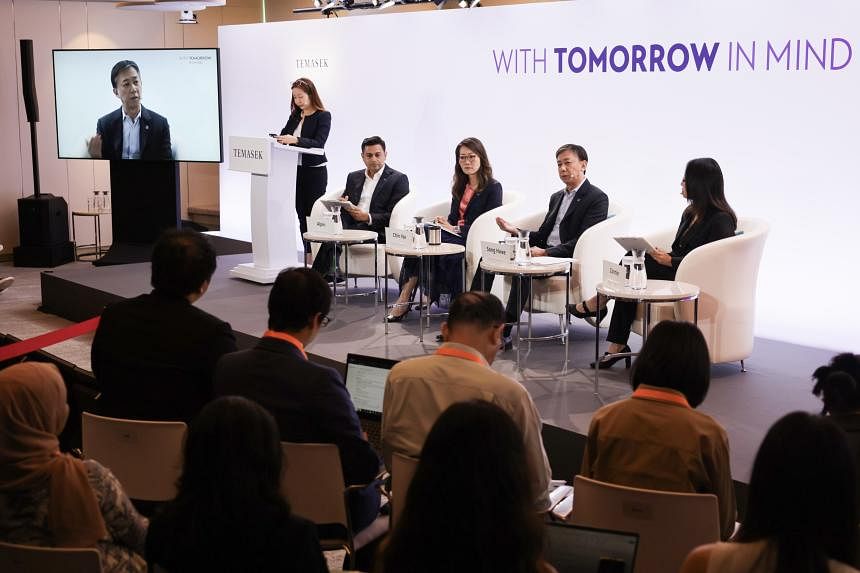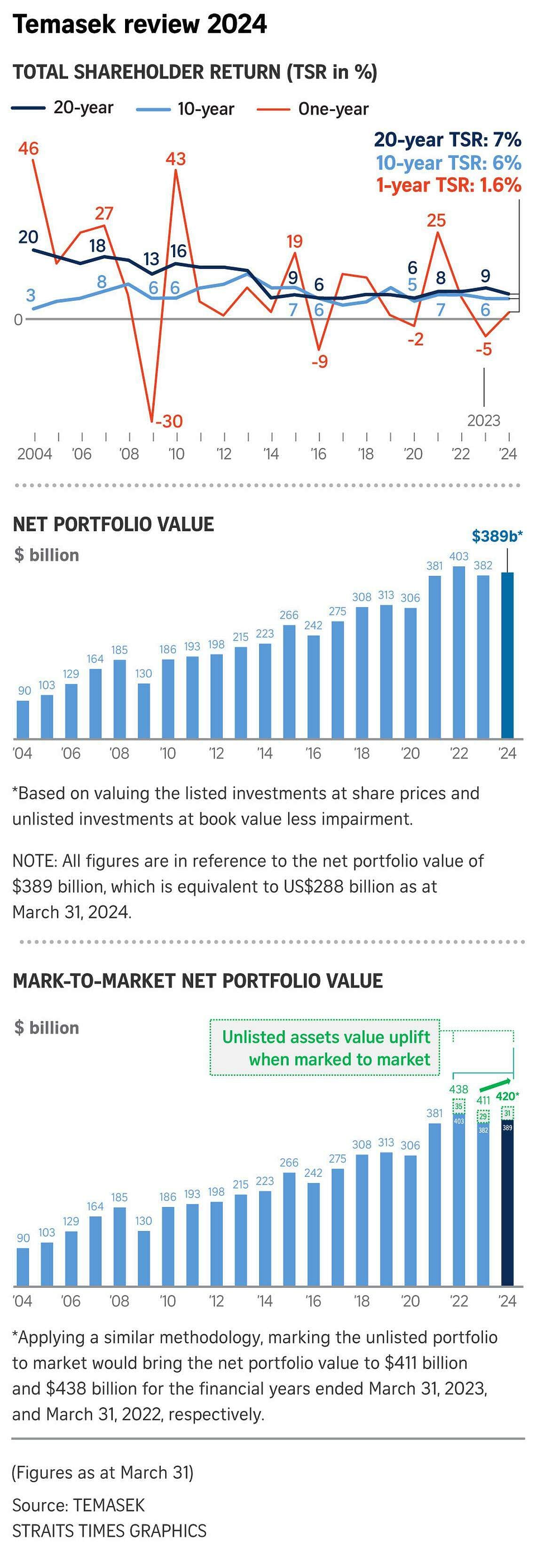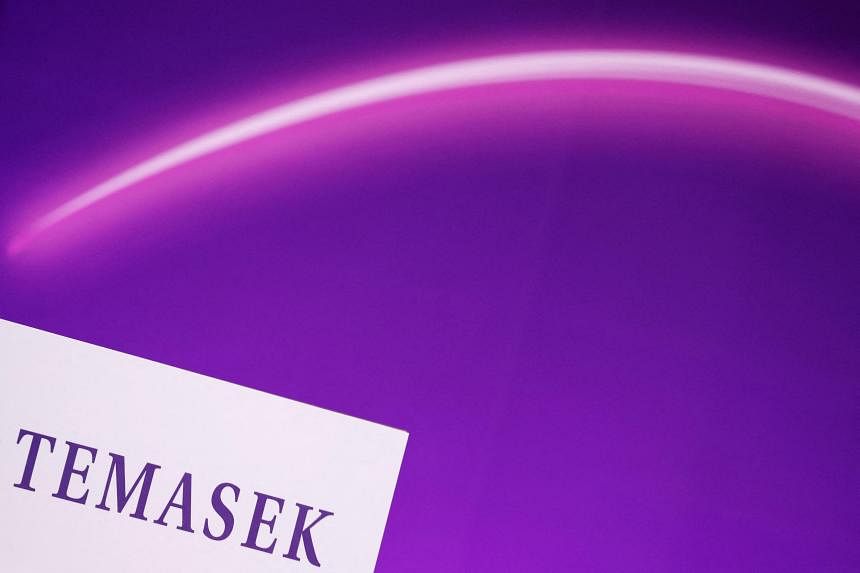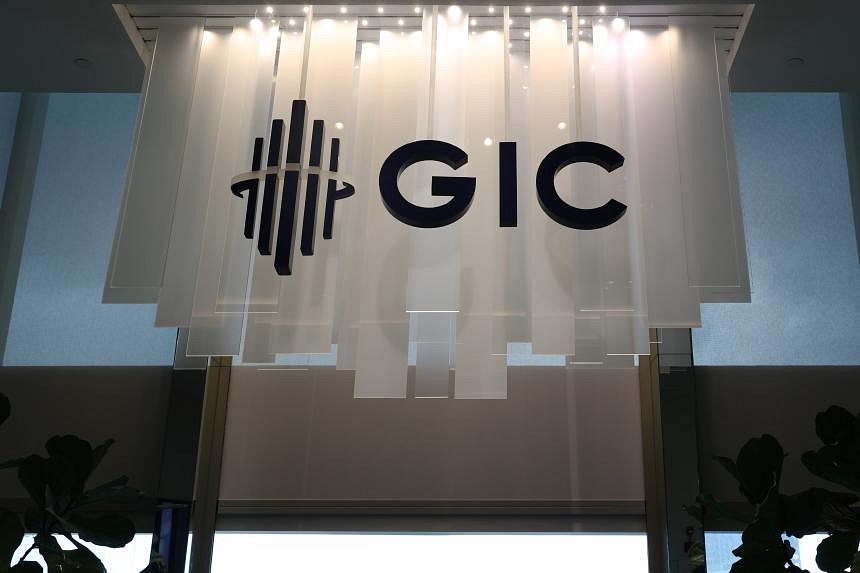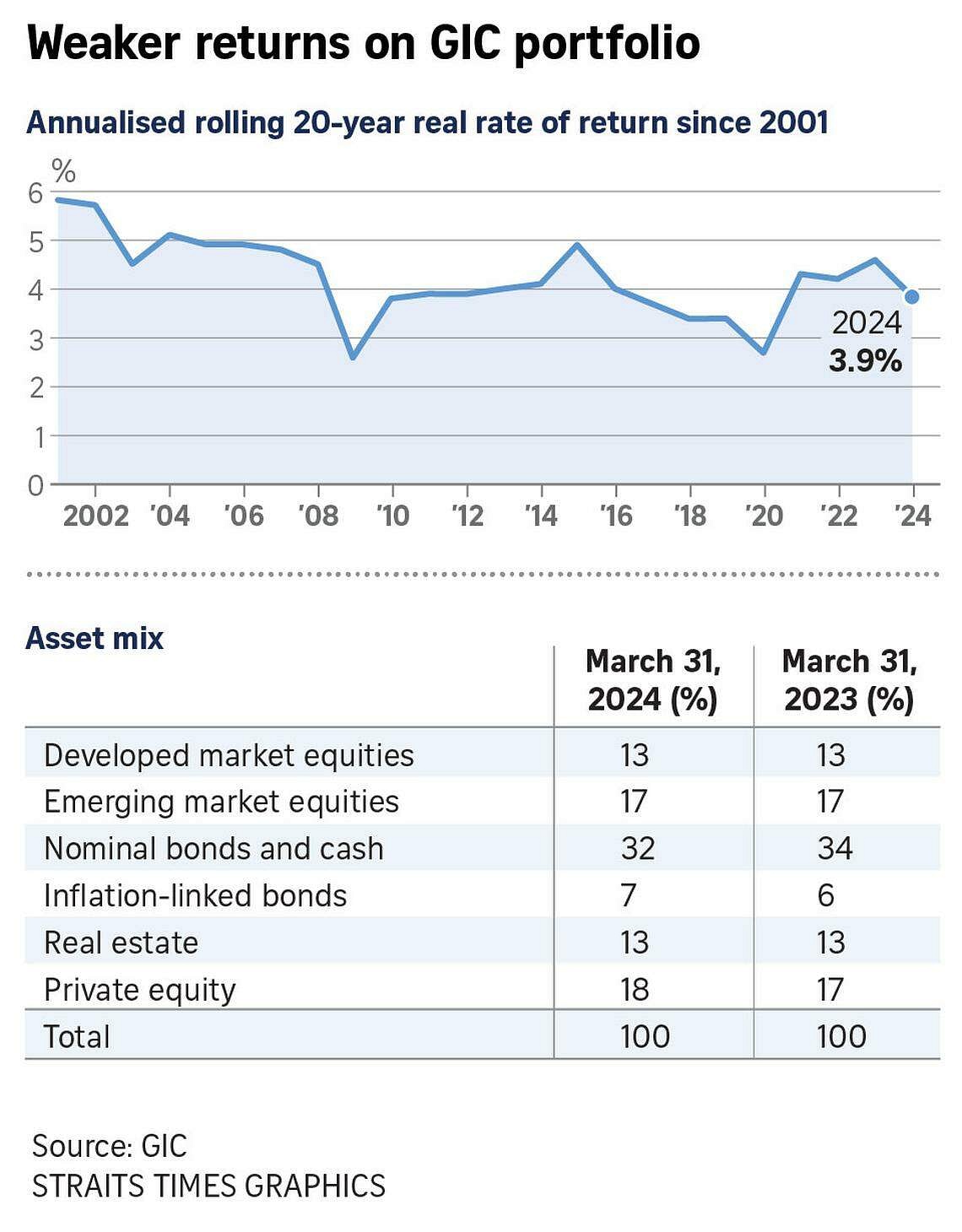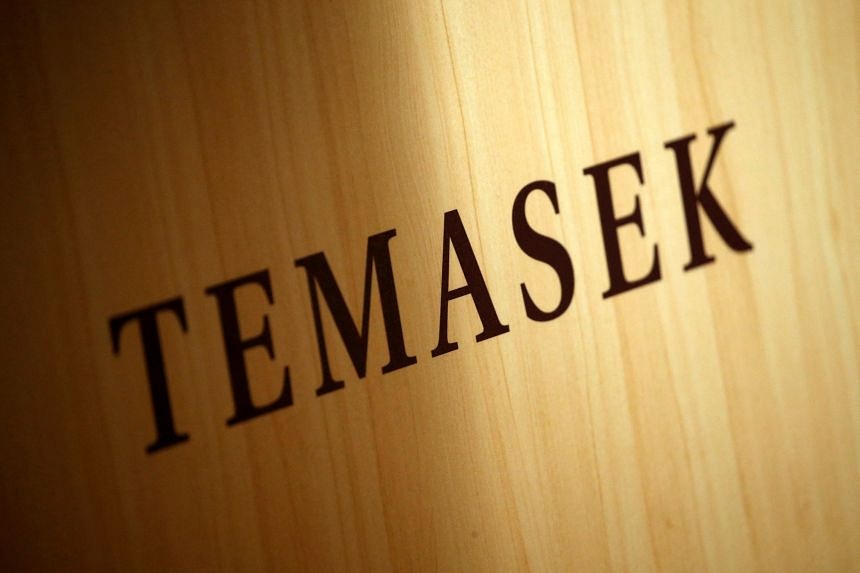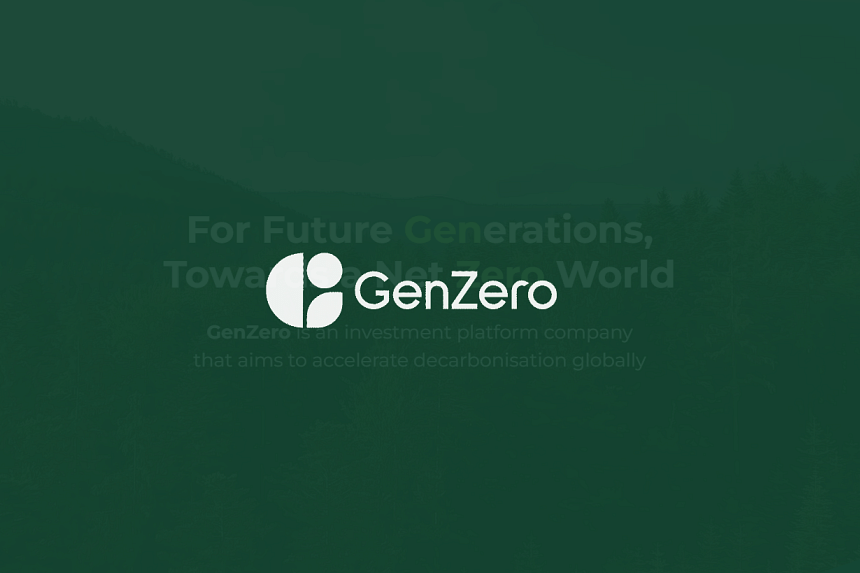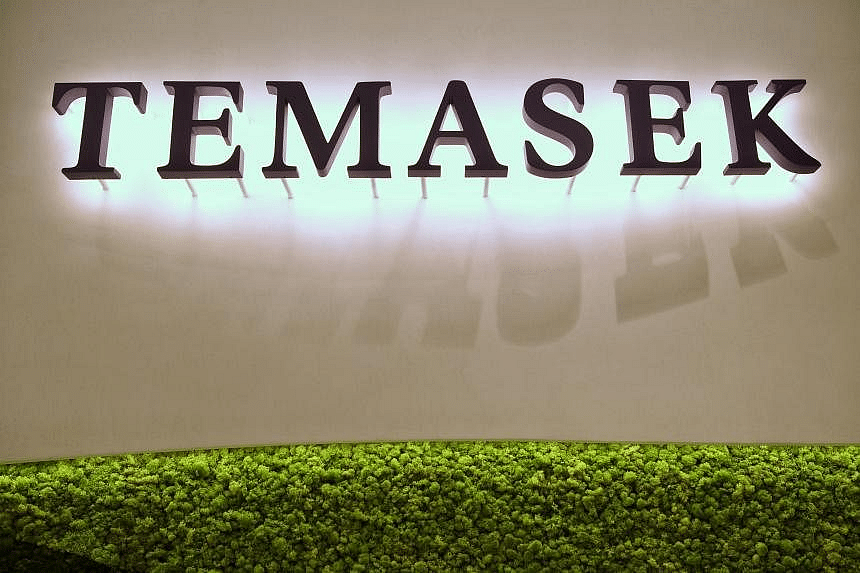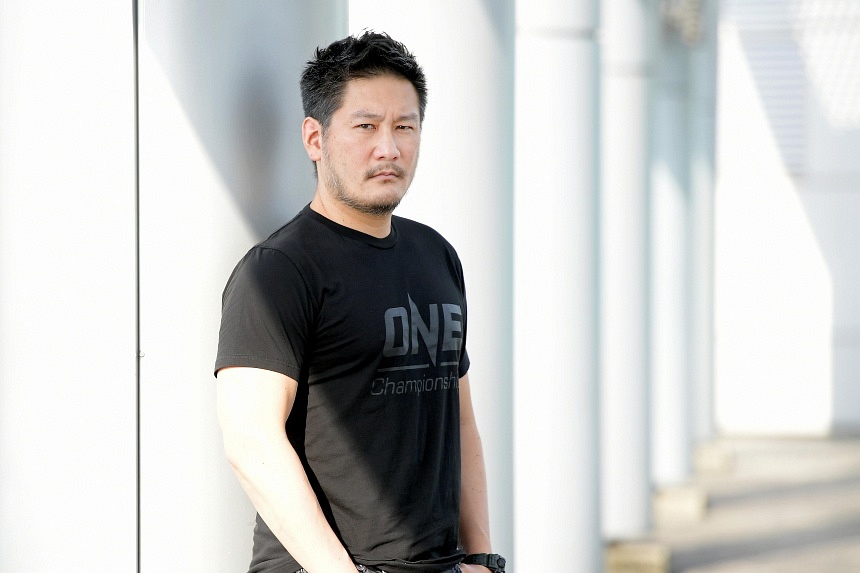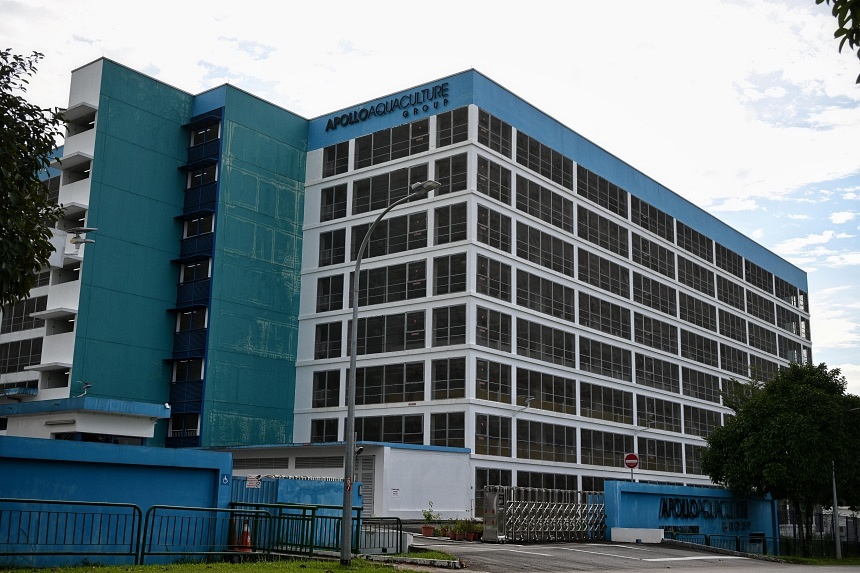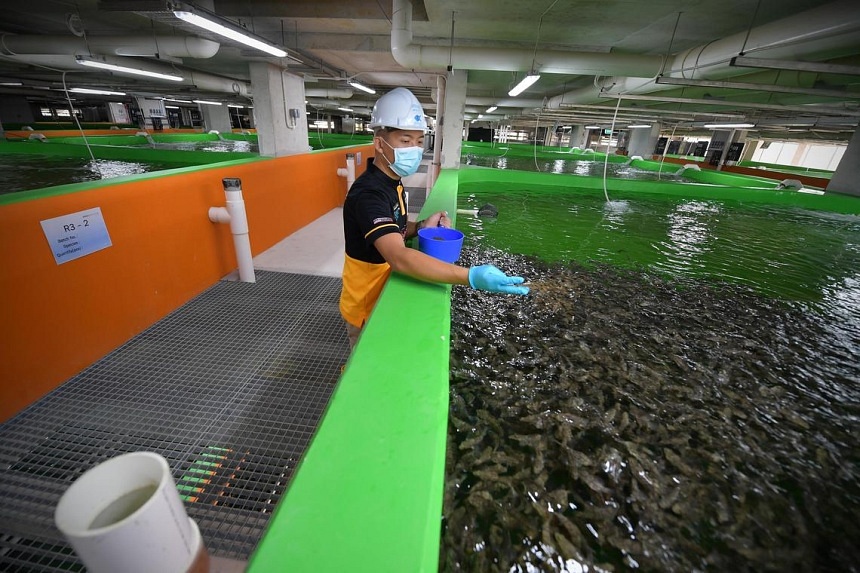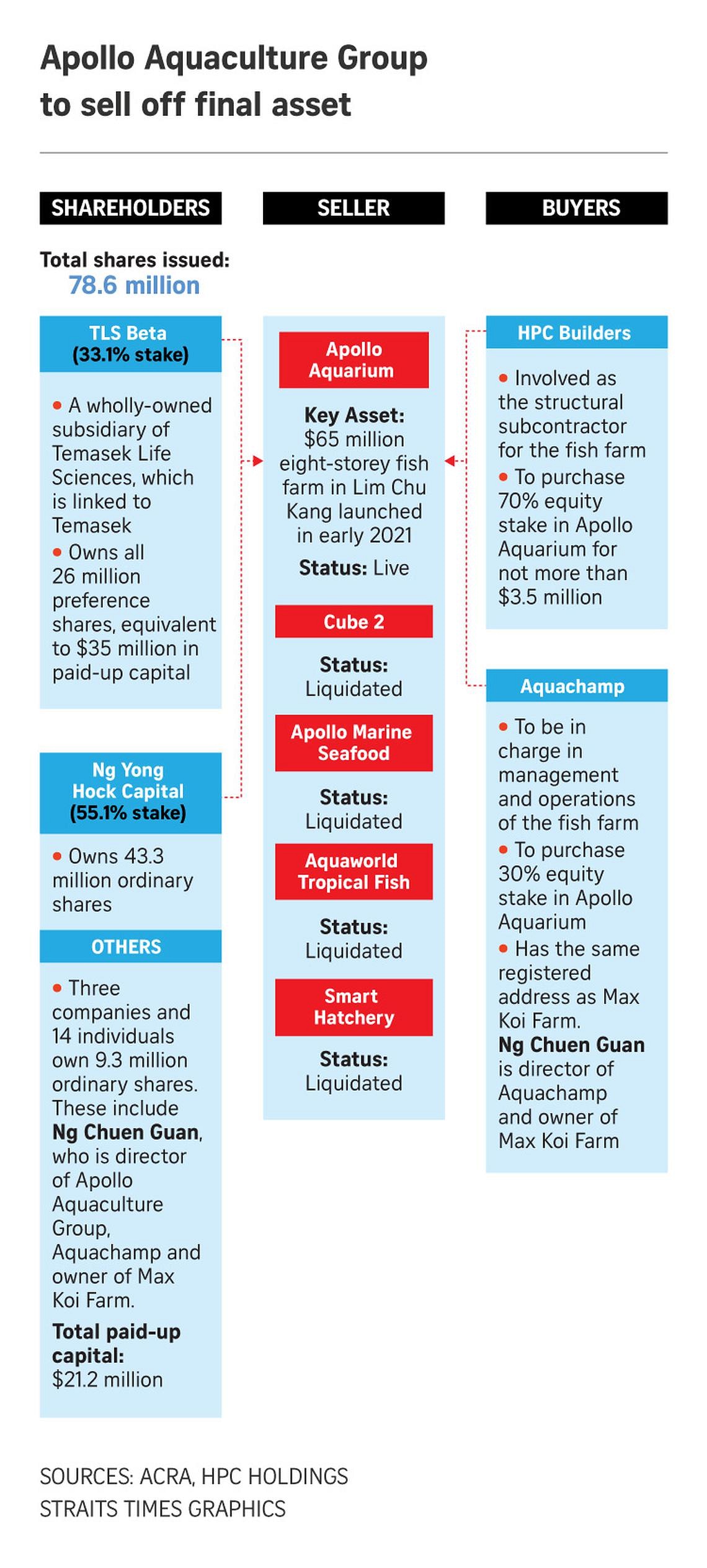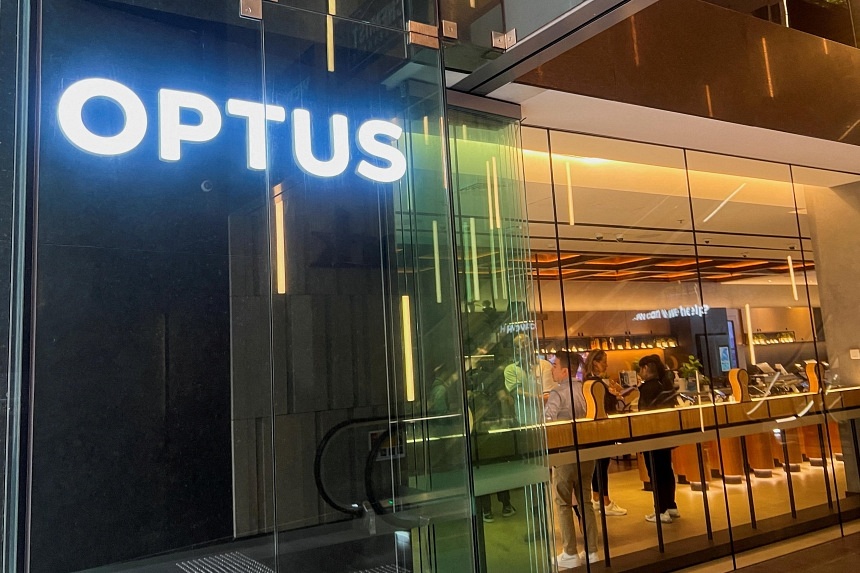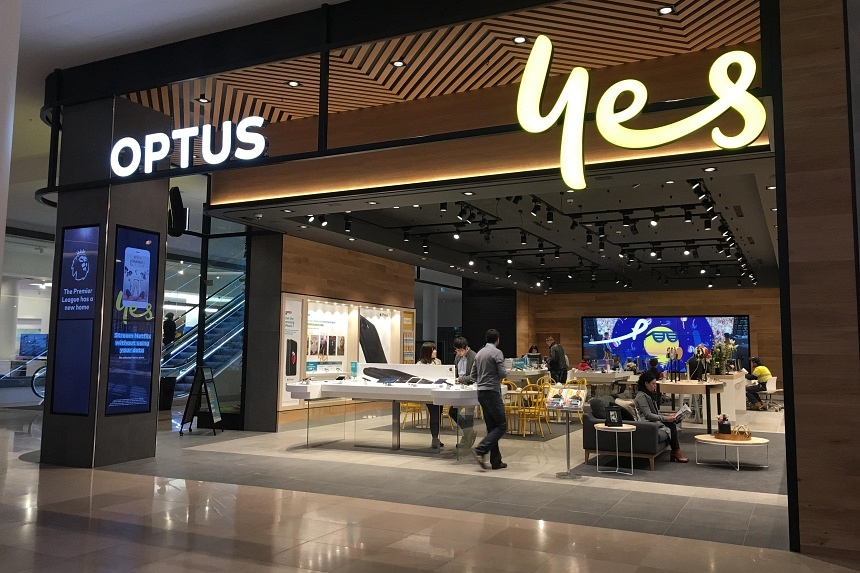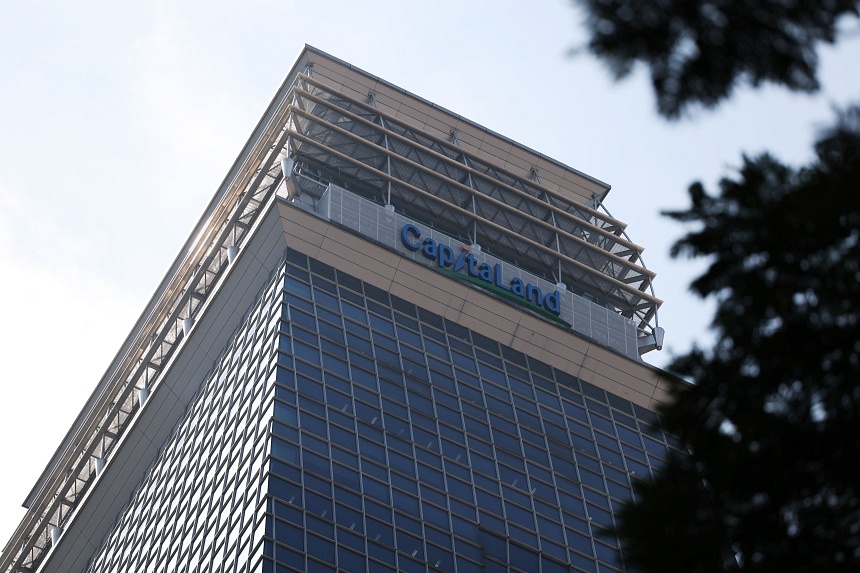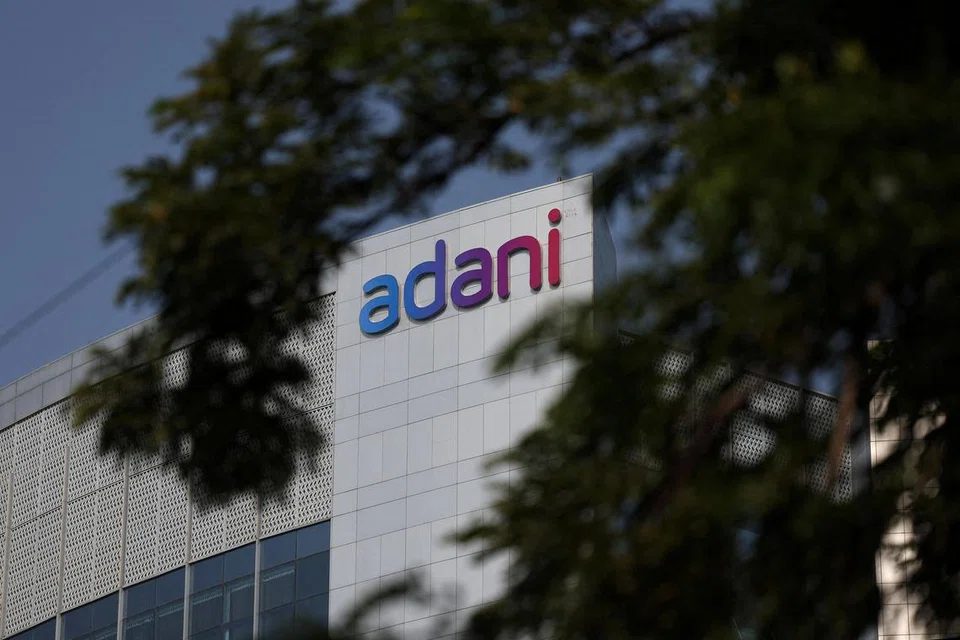TLS Beta is a wholly owned subsidiary of Temasek Life Sciences, which is linked to Singapore’s investment company, Temasek.
Temasek declined to respond to queries from ST.
$65m fish farm to be sold at fraction of cost amid owner’s financial woes
The multi-storey fish farming facility has been conditionally sold to a local construction and engineering firm. ST PHOTO: KUA CHEE SIONG
Cheryl Tan
Correspondent
Oct 17, 2024
SINGAPORE - Two companies have conditionally agreed to purchase beleaguered Apollo Aquaculture Group’s (AAG) eight-storey fish farm in Lim Chu Kang, more than two years after the company ran into financial difficulties.
The $65 million multi-storey fish farming facility, owned by the group’s subsidiary Apollo Aquarium, has been conditionally sold to local construction and engineering firm HPC Builders and Aquachamp, an investment holding company which has subsidiaries in the fish farming industry.
One of the directors of Aquachamp is also a director of AAG.
The acquisition is subject to approval from the Singapore Food Agency (SFA), among other conditions. SFA declined to respond to ST’s request for comment.
The facility, one of Singapore’s tallest fish farms, began operations in 2021, when it was showcased
as a high-tech farming solution that addressed the Republic’s land-scarcity constraints.
However, it has been lying dormant since its parent company, AAG, ran into financial difficulties and was placed under judicial management in May 2022.
In early 2023,
Apollo Aquarium ceased operations.
Judicial management is a form of debt restructuring which aims to prevent viable companies in financial difficulties from being liquidated.
In judicial management, an independent judicial manager is appointed to manage the affairs, business and property of a company under financial distress.
The Apollo group has a total of five subsidiary companies.
They are Apollo Aquarium; water technology firm Cube 2; Aquaworld Tropical Fish, a company involved in the ornamental fish industry; Smart Hatchery, which operates fish hatcheries, and Apollo Marine Seafood, which is involved in the retail sale of meat, poultry, eggs and seafood.
Of the five, only Apollo Aquarium is still live, while the other four companies have already entered into liquidation.
AAG’s judicial manager, Deloitte Singapore’s strategy, risks and transactions partner Tan Wei Cheong, said that the company’s financial challenges resulted largely from delays in the completion of the fish farm.
The delays had resulted in escalating costs and, in turn, affected the group’s revenue and operations, he added.
The group is divesting its stake in Apollo Aquarium as part of its restructuring.
Mr Tan said he was unable to comment further on the sale and purchase agreement as it is still being finalised.
According to media reports in 2021, the company aimed to farm hybrid grouper and coral trout on the first three storeys of its Lim Chu Kang facility, with an expected output of up to 1,000 tonnes of fish a year from 2021, before scaling up to 2,700 tonnes by 2023.
However, the company’s operations ceased in early 2023. Had it hit its target output, it would have significantly added to the 4,100 tonnes of seafood Singapore produced in 2023.
According to media reports in 2021, Apollo Aquarium wanted to farm hybrid grouper and coral trout at the first three storeys of its Lim Chu Kang facility. PHOTO: ST FILE
According to a filing on the Hong Kong stock exchange on May 31, 2024, HPC Builders will purchase 70 per cent of Apollo Aquarium’s equity, for not more than $3.5 million, while the remaining 30 per cent will be sold to Aquachamp.
HPC Builders’ parent company, HPC Holdings, is listed in Hong Kong.
As at March 31, the book value of the farm – including its equipment and machinery – was worth $44 million.
The multi-storey fish farm is said to be Apollo Aquarium’s “only significant asset”, according to the filing.
The three entities had entered into an agreement for HPC and Aquachamp to acquire Apollo Aquarium on May 31.
The sale will essentially allow HPC Holdings to invest in Singapore’s aquaculture industry at a “low cost”, according to the filing.
Aquachamp, which is an “experienced fish farm operator”, according to the bourse filing, will be in charge of the management and operations of the fish farm. ST has contacted the company for comment.
HPC Holdings said that the investment was done at a “bargain price”, and the fish farm will be able to “run at full production capacity, yielding favourable returns in the long run, with a stable sales income and a broadened revenue base”.
Checks by ST found that Aquachamp’s registered address is in the same location as an ornamental fish farm known as Max Koi Farm, situated close to the Apollo facility in Lim Chu Kang.
Accounting and Corporate Regulatory Authority (Acra) records show that Max Koi Farm is owned by Mr Ng Chuen Guan, who is also a director of Aquachamp, and a director of AAG, in which he owns close to 2.9 million shares.
AAG’s two largest shareholders are Ng Yong Hock Capital, which holds around 55.1 per cent of the company’s shares, and TLS Beta, which holds about 33.1 per cent of the shares, equivalent to $35 million of paid-up capital.
TLS Beta is a wholly owned subsidiary of Temasek Life Sciences, which is linked to Singapore’s investment company, Temasek.
Temasek declined to respond to queries from ST.
The remaining equity is owned by three companies and 14 people, with each of their equity stake ranging from approximately 0.1 per cent to 3.6 per cent, according to the filing.
The group’s subsidiary, Apollo Aquarium, is primarily involved in fish farming activities and the import and export of freshwater ornamental fish.
According to the filing by HPC Holdings, as at March 31, Apollo Aquarium’s unaudited debt stood at about $35.4 million.
Cargill TSF Asia, the financial services arm of the agricultural commodity giant, was listed as one of AAG’s creditors, according to Acra. ST has approached Cargill for comment.
ST has reached out to AAG chief executive Eric Ng for comment.
Timeline of events:
April 18, 2018:
Apollo Aquarium is awarded two plots of land in Lim Chu Kang by the Singapore Food Agency (SFA). It paid $378,000 for the 1.56ha plot, and $587,000 for the 2.4ha plot. Both plots have a tenure of 20 years each.
First quarter of 2021:
The eight-storey fish farm, which cost $65 million to build, begins operations in Lim Chu Kang. Its gross floor area is 55,214 sq m.
The farm said it would grow hybrid grouper and coral trout on the first three storeys of the building, with an initial target of 1,000 tonnes of fish per year.
March 17, 2022:
Apollo Aquaculture Group, the parent company of Apollo Aquarium, is placed under interim judicial management.
May 4, 2022:
Apollo Aquaculture Group enters into judicial management
Feb 4, 2023:
Apollo Aquaculture Group’s judicial managers, Mr Tan Wei Cheong and Mr Lim Loo Khoon of professional services firm Deloitte and Touche, said that the company is in talks with investors to rehabilitate the group.
Apollo Aquarium, which owns the fish farm facility, is not under any form of administration but is said to have stopped operations at the beginning of 2023.
May 31, 2024:
According to a filing on the Hong Kong Stock Exchange, local construction and engineering firm HPC Builders and investment holding company Aquachamp, which has subsidiaries in the fish farming business, have conditionally agreed to buy Apollo Aquarium.
HPC Builders will purchase 70 per cent of equity for not more than $3.5 million, while Aquachamp will purchase the remaining 30 per cent.
SFA will need to approve the sale and purchase of the equity between the companies.
HPC Builders will also need to reinstate part of the unused plots owned by Apollo Aquaculture.

